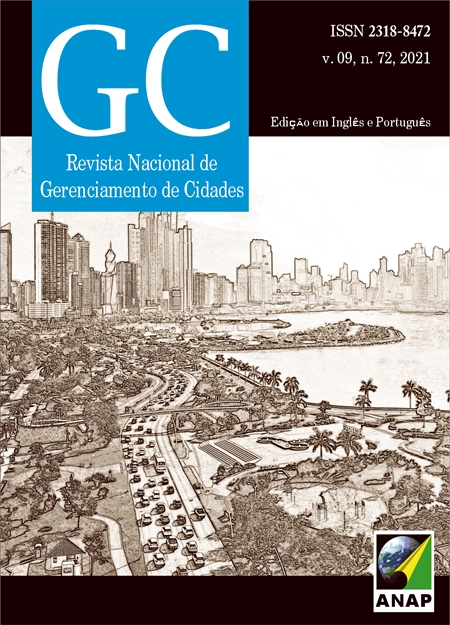Housing policy, shortage and socio-spatial segregation in the city of Piracicaba (SP)
DOI:
https://doi.org/10.17271/2318847297220212961Palavras-chave:
Housing Policy. Socio-spatial Segregation. Piracicaba.Resumo
The objective of the paper is to evaluate the close relationship between public policies of social housing, housing deficit and the process of socio-spatial segregation in the city of Piracicaba, located in the interior of the state of São Paulo, in Brazil, between the years 2000-2020. For this, the method adopted consists of a mixed quali-quantitative approach. Whether due to lack or inadequacy, the housing problem is one of the main urban shortages, whose measurement can be made from the deficit and household inadequacy indicators. To address these issues, housing policies are presented as a state intervention to provide access to housing. However, after years of implementing these policies, the paradox created by them is noted, since, although they were able to face part of the problem, they contributed to the intensification of socio-spatial segregation on the intra-urban scale. In these terms, Piracicaba is an emblematic case of the relationship that is established territorially between these elements, in which socio-spatial segregation is seen as a by-product of social housing policies, under the pretext of coping with housing needs. The investigation therefore seeks to contribute to research on the relationship between housing policies and socio-spatial segregation in medium-sized cities in São Paulo, inserting the concept of deficit as a basic element of this problem.















